Love and pain, illness and death, art and exhilaration: it's just Life in a Day . . .
November 28, 2011OM alone 12.04.2011
December 4, 2011It had to stand out.
Red, Patrick O’Connell decided, the brighter and the bolder the better.
It was 1991, and the decade’s death toll in New York alone fast approached 32,000.
It was, Patrick O’Connell realized, time to make a stand.
The killer in his midst, Aids and HIV, the virus taking a devastating grip on the Big Apple, the epicenter of an epidemic tearing communities in the United States apart.
Since first emerging during the Eighties’ earliest days, Aids and HIV had taken a dreadful toll in Manhattan and beyond.
In 1991 alone, the virus cost 6,468 New Yorkers their lives.
Patrick O’Connell might not be a name known to you, but the artist’s greatest creation is something you’ll be sure to recognize.
The Seven Inches that changed the World, he likes to call it.
You’ll know it better as The Aids Ribbon.
Two decades have passed since Patrick and his peers created a scarlet symbol that has since become known the world over and, although HIV and Aids continue to stalk the planet, the change in climate is marked.
Nowadays – today, World Aids Day, in particular – the subject is no longer such a taboo, those in its thrall no longer forced to endure the stigma or suffer in silence thanks, in a large part, to Patrick O’Connell.
Not so in 1991 where, to quote a 58-year-old still refusing to give up a battle that he has fought for 26 years ‘…we were living in a war zone, but it was a war that was some kind of deep secret that only we knew about … it was like Fight Club … if you were willing to talk about it, it was assumed you had it’.
First diagnosed HIV-positive in 1985, Patrick realized the epidemic’s breathtaking scale after seeing almost 40 neighbors succumb in quick succession. For a long time he kept count, stopping the process after the number of friends and acquaintances to have died reached 1,000.
To think about the lives HIV and Aids have touched, and the lives they’ve taken (more than 30 million, worldwide, since 1981), is too difficult and distressing to comprehend.
Much connects us in this life, not all of it is good.
The inspirational aspect in all this comes from people such as Patrick and his like.
Those showing support and solidarity, offering optimism and understanding, giving those at their lowest ebb something to cling to: a symbol; a ribbon; a connection.
HIV and Aids remain rampant, in the developing world in particular, and it’s tempting to pigeon-hole the problem as one far from home and one that bears little relevance to us and to our lives.
Such a temptation is understandable, but so too is it misguided.
Why? Because we are all connected and because it’s also right here on our doorstep, affecting those close to us, devastating communities, ruining lives.
Just ask Cindi Love, the Executive Director of Soulforce, an organization devoted to changing the hearts and minds of religious leaders who engage in anti-homosexual campaigns.
Dr Love knows her stuff.
You see, Dr Love lost her brother, Patrick, to HIV in 1988.
Not long after, Dr Love’s mother died.
‘I continue to believe that her unresolved grief killed her and that cancer was just the vehicle,’ Dr Love blogged a little earlier this morning in a remarkable missive for the Huffington Post. ‘Soon after she died, her mother died. In the South, we sometimes say ‘she gave up the ghost’ and I think the expression fits in this case. She gave up the ghost that haunted us all – the spectre of her own internalized homophobia and Aids phobia. My grandmother didn’t know how to cope with her feelings of loss and the deeply-held beliefs about sexuality that had been ingrained in her. So, she exited as well. Her attending physician said complications of pneumonia killed her. I think she just could not breathe the air any more. It was too thick with the cloud of shame and blame’.
It’s heart-rending stuff, difficult to read, but it encapsulates all that Patrick O’Connell and his ever-decreasing circle of friends had earlier encountered in New York.
It also highlights that, thanks in no small part to Patrick’s stand and his remarkable ribbon, the world is – in this regard, at least – a better place, more compassionate and connected, than it could ever have been considered in the 1980s.
The problem persists, but the stigma is fading, the cloud of shame and blame lifting.
Bring people together and things can improve. Connected, life is better.
No longer do families feel such a need to keep their loved ones and their illnesses in a ‘dark closet’, as Cindi Love’s did in their conservative Texas home two dark decades ago.
To quote her once more ‘…our attempts to hide his diagnosis meant that we also hid him and ourselves, cutting ourselves off from support that we needed. Patrick became a prisoner in chains that we fashioned from fear.’
Those living with HIV and Aids – and worldwide, there are, at the present time, some 33 million – have enough to deal with, enough to fear.
Stigma, shame and blame have no place, not in a connected world.
That is what Patrick O’Connell and his ribbons have given us: Understanding and enlightenment; compassion and kinship; shared ground; a bright red thread that runs through all our lives.
As legacies go, it’s beyond astounding.
Here in Saunderstown, we’d like to applaud Patrick and all those striving for a common cause on this, World Aids Day 2011. Thank-you, on behalf of us all.
We are all connected.
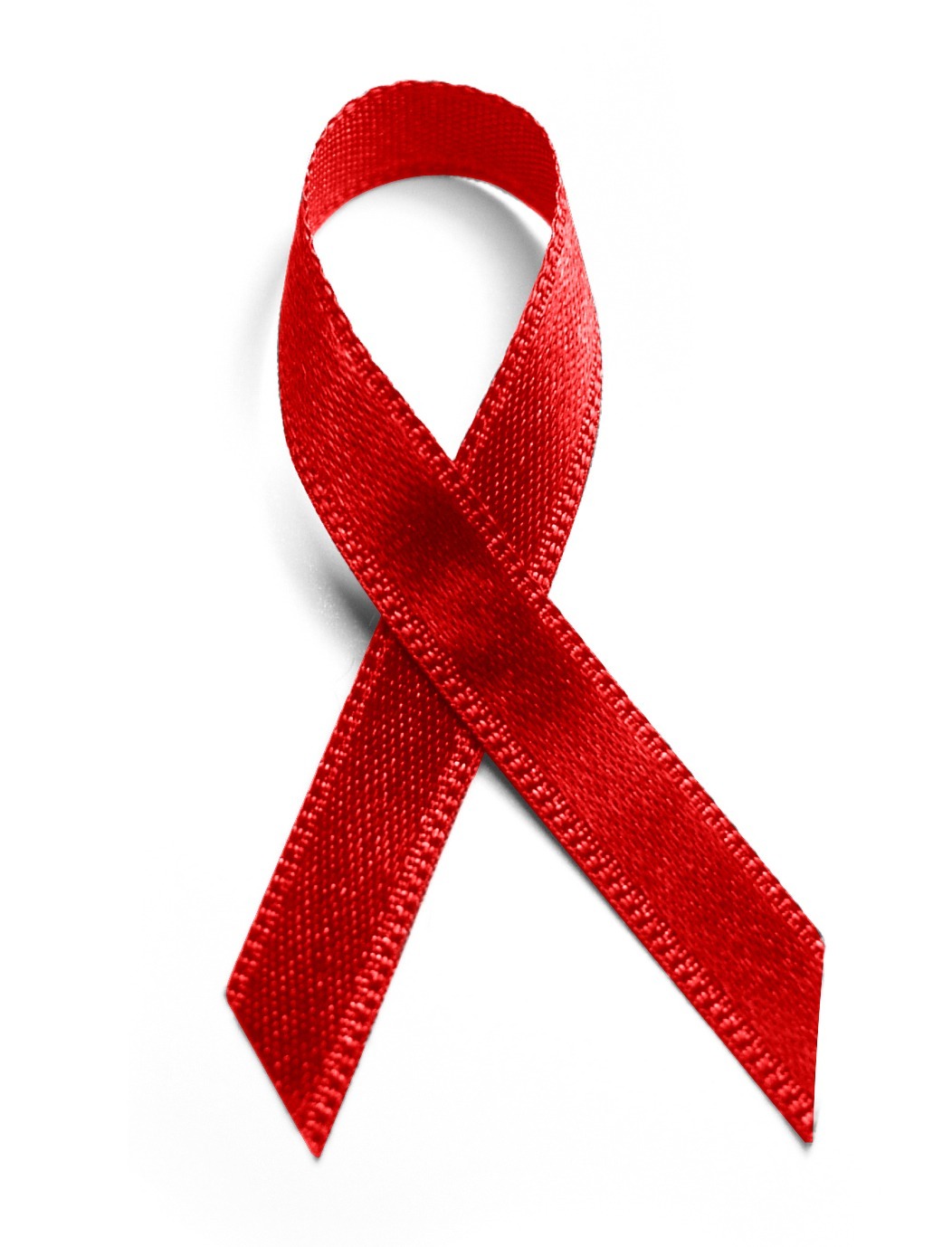
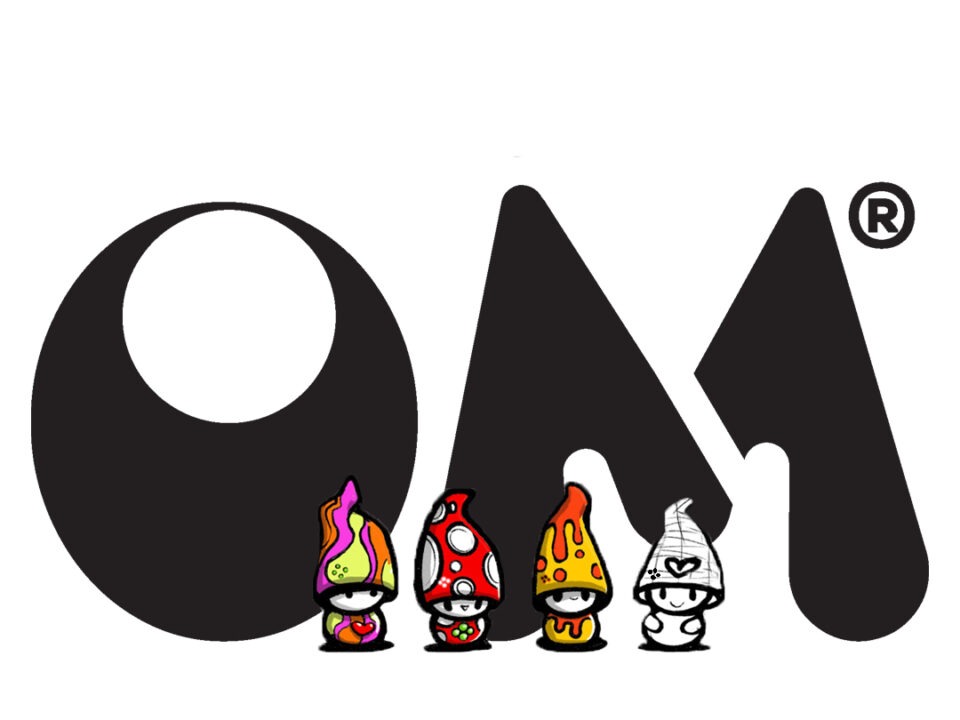
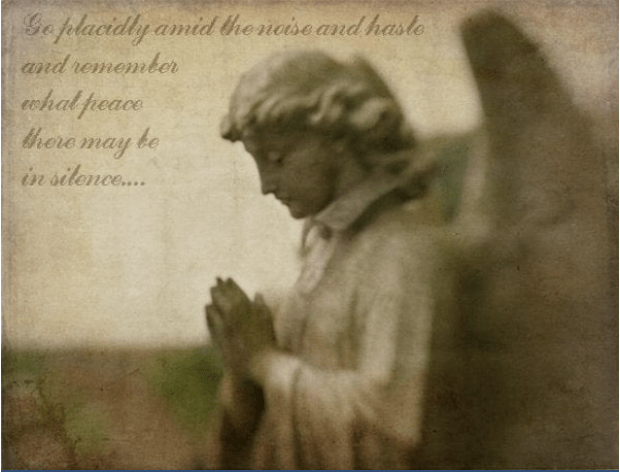
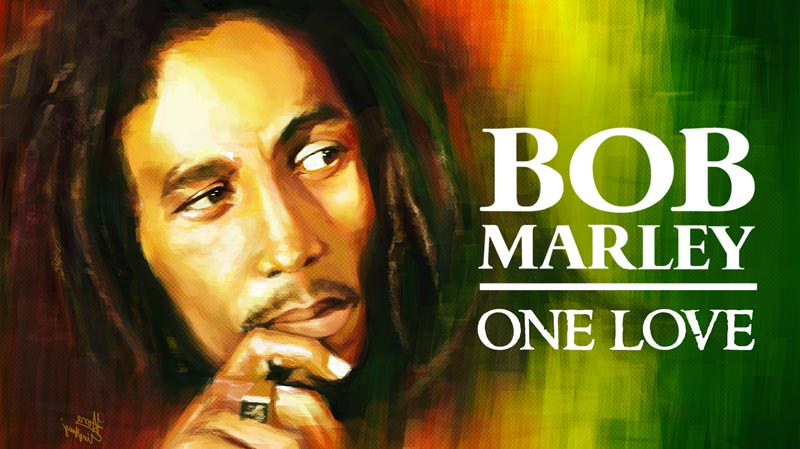
1 Comment
This is really good.!!….one tends to forget how difficult it was 20 and 30 years ago. As an
RN; I saw many many sad situations. Funeral directors refused to bury people who died
from aides. Out of fear….Not knowing if it would be carried to their homes, and families.
Doctors, nurses, CNA’s, all worried, wondering, filled with fear. In this; we have come a long way….thank you Patrick, and many thanks to you Paul…..well written, as usual,